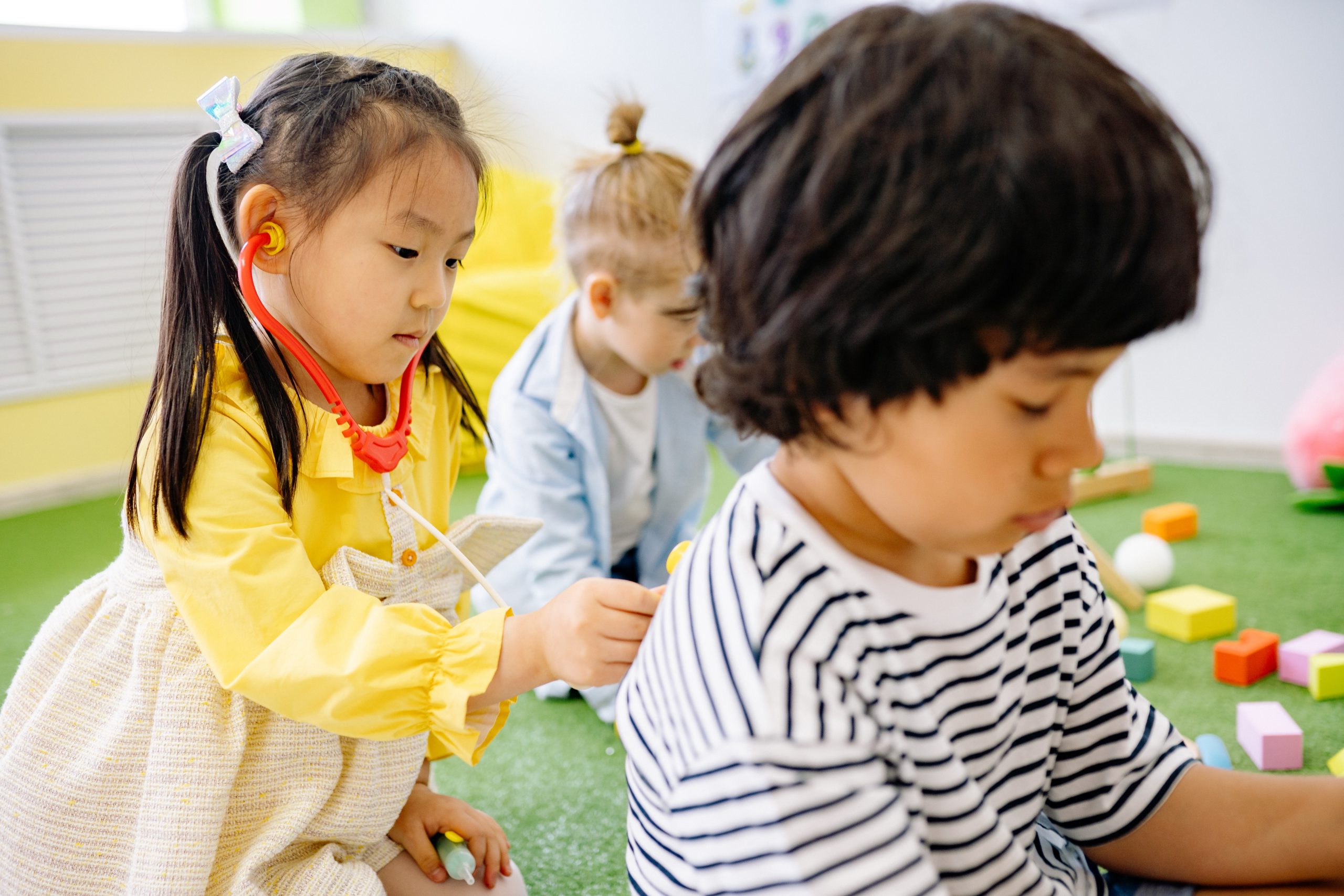Helping Children Learn to Read
Teaching Children to Read is a Team Effort
Parents, teachers, caregivers, and community members have an important role in helping children learn to read. Research shows that the help we offer makes a difference. It is our shared responsibility to ensure children learn to read.
What Happens Before School Matters
Preschoolers’ knowledge of language upon entering school is strongly related to how easily they learn to read in first grade.
When a child enters school, there are three early predictors of their upcoming reading achievement and success:
- their ability to recognize and name letters of the alphabet
- their general knowledge of print and books (beginning to understand that printed words represent words we say, the front/back of the book, and how to turn pages)
- their phonological awareness skills (rhyming, hearing syllables and sounds (patterns) in words).
Suggestions for Helping School-Aged Children Learn to Read
1. Talk to your kids (a lot).
Since reading is a language activity, children need to hear language before they eventually speak it. Learning to read is closely tied to learning to talk and listen.
Families and caregivers need to talk and listen to young children in order to help them learn the skills they will need for reading. When we talk to children, we build their knowledge of vocabulary, sentence structure, syntax, and the purposes of communication — all of which will help them become readers in later years. Children with language, hearing, or speech problems need to be identified early so they can receive the help they need to prevent later reading difficulties.
2. Read to your kids (a lot).
It is important to read to children often. Audiobooks are an alternative for parents or caregivers who can’t read English. For those who can, reading a book or story to a child is an effective, easy way to advance literacy skills. Reading to kids exposes them to richer vocabulary than they usually hear from the adults who speak to them and can have positive impacts on their language, intelligence, and future literacy achievement. Reading aloud together with your child builds these skills. Reading aloud with children is the single most important activity for parents and caregivers to do to prepare children to learn to read.
3. Have them tell you a “story.”
One great way to introduce kids to literacy is to take their dictation. Have them recount an experience or make up a story. Write it down as it is told. Then read it aloud. Point at the words when you read them, or point at them when your child is trying to read the story. Over time, with lots of re-reading, your child can start to recognize words such as “I” or “like.” As your child learns words, you can write them on cards and keep them in a “word bank” for review or use in their future writing.
4. Teach about phonological and phonemic awareness.
Young children don’t hear the sounds within words. They hear “dog,” but not the “duh”-“aw”- “guh.” To become readers, they have to learn to hear these sounds (or phonemes). Play language games with your child. For instance, say a word (perhaps the child’s name) and then change it by one phoneme: Jen-Pen, Jen-Hen, Jen-Men. You can also break a word apart: chair becomes “ch-ch-ch-air.” When a caregiver sings rhymes and plays word games with their children, they are helping them recognize the sounds in words (phonemic awareness).
Difficulties in reading words (decoding and word recognition) are at the core of most reading difficulties. Poor readers have difficulty understanding that sounds in words are linked to certain letters and letter patterns. This is called the “alphabetic principle.”
The reason many poor readers don’t develop the alphabetic principle is that they haven’t developed phonemic awareness — an understanding that words are made up of speech sounds (phonemes.) When word recognition isn’t automatic, reading doesn’t become fluent, and your child’s reading comprehension suffers.
5. Teach phonics (letter names and their sounds).
You can’t sound out words or write them without knowing the letter sounds. Most kindergartens teach the letters. Parents can teach them, too. Keep the lessons brief and fun (ie. no more than 5–10 minutes).
6. Listen to your child read.
When your child brings books home from school, have them read to you. If they make mistakes or their reading is choppy, have them read that section again. You can also read a book to them and have them try to read it themselves. Repeated oral reading makes students better readers.
7. Promote writing.
Literacy involves reading and writing. Having books and magazines available for your child is a good idea, but it’s also helpful to have pencils, crayons, markers, and paper available. Encourage your child to write. One way to do this is to write notes or short letters to them. It won’t be long before they are trying to write back to you.
8. Ask questions.
When your child reads, get them to retell what they have read. If it was a story, ask who it was about and what happened. If it was an informational text, have your child explain what it was about and how it worked. Reading involves not just sounding out words but thinking about and remembering ideas and events in the text. Improving your child’s reading comprehension skills early on will prepare them for more difficult texts.
9. Make reading a regular activity in your home.
Make reading a part of your daily life, and kids will learn to love it. Build in time for reading every day. Set aside time by having everyone turn off the TV and their devices and do nothing but read. Make reading fun and a regular enjoyable part of your family routine.
Adapted from the: Reading Rockets Website
Resources
Video – Reading Rockets – Brining Up Baby: The Importance of Read Aloud to Your Child at Home
Video – The Hanen Centre – Creating Conversation with Good Night, Gorilla Book
Reading Rockets – Tips for Parents of Kindergarteners
Reading Rockets – Tips for Parents of First Graders
Reading Rockets – Tips for Parents of Second Graders
Reading Rockets – Tips for Parents of Third Graders
Reading Rockets Parent Handouts in Multiple Languages on Reading

